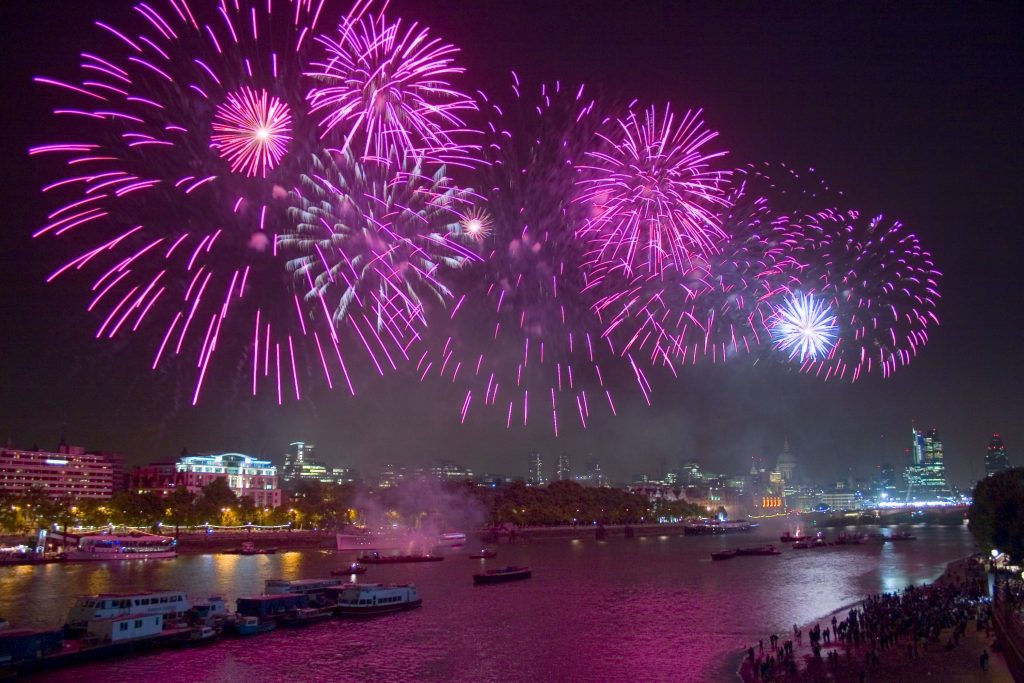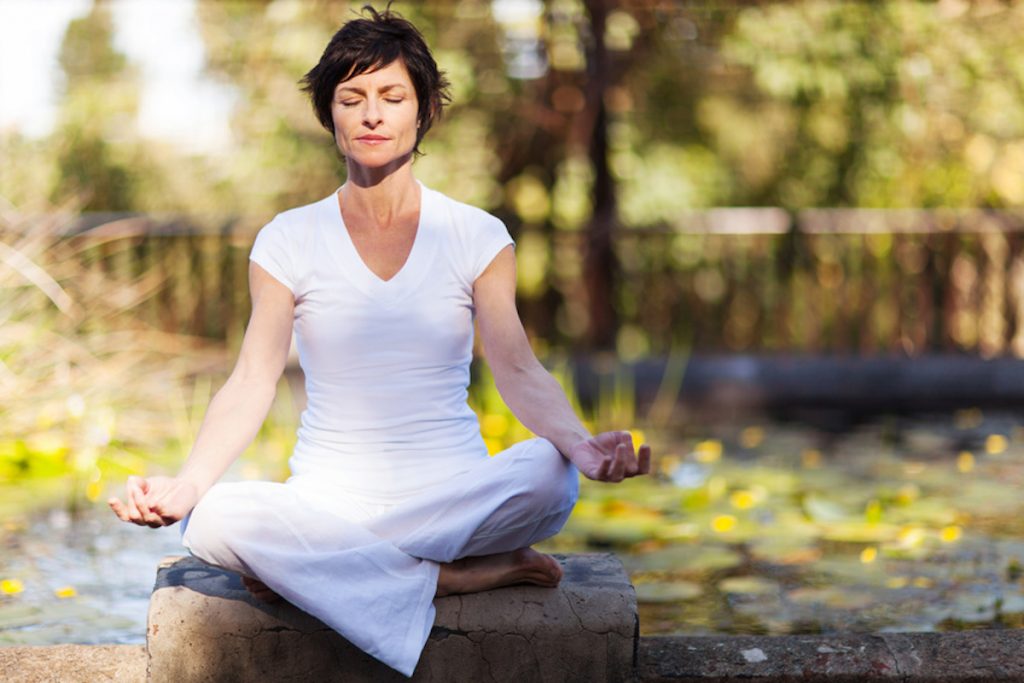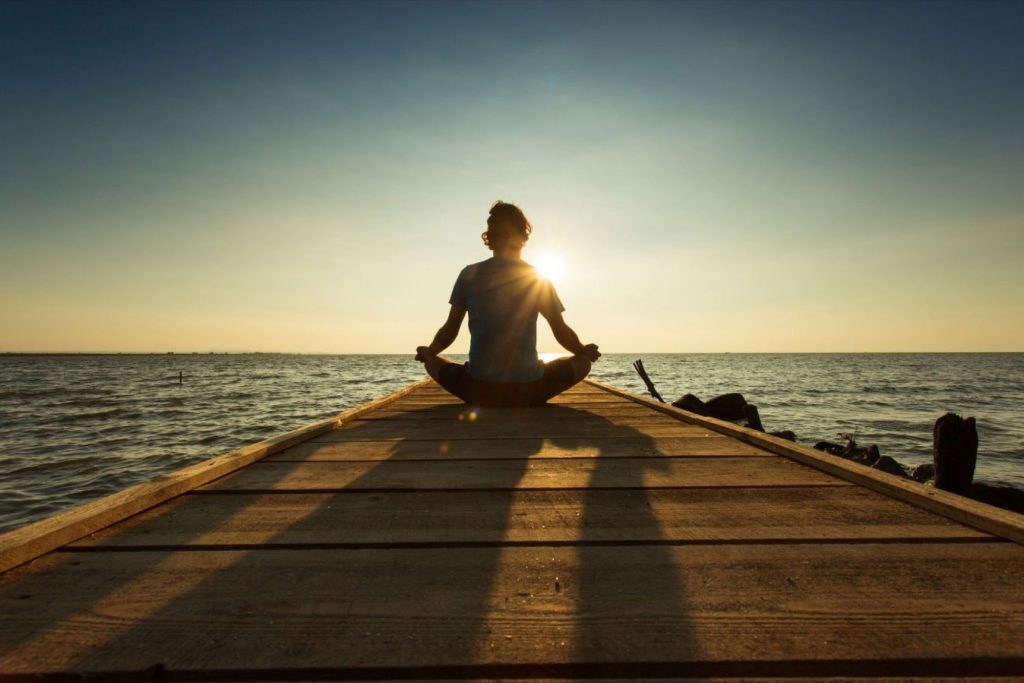Given up the booze this January? Lasting the 31 days without a single glass of wine or a social beer can seem like a huge ask, but if you’re attempting Dry January you must already have the motivation to give it a go – all you have to do now is stick it out. Well, the good news is that it’s already a week into January! Congratulations if you’ve made it this far, but if you’ve had a slip up there’s no reason not to make it through the rest of the month. Luckily, meditation and other tactics can help you achieve this goal.
Dry January started as a campaign by Alcohol Concern, and while they still oversee the challenge, it has taken on a life of it’s own – becoming a big feature of the New Year. Last year, an amazing 16% of the population attempted to go tea total, showing just have much a cultural influence this concept has.
Why Dry January?
While the occasional tipple is an pretty innocent pleasure, many of us drink regularly – even if not to excess – as a matter of habit or way to deal with the stress in our lives. Dry January gives us the chance to take stock, and think more carefully about how much alcohol we consume and why. If it’s a bit of a challenge to last the month, it’s all the more reason to complete it – crankiness, cravings and trouble sleeping are all signs that we may have become a little more reliant on that relaxing glass of wine than we may like.
Furthermore, the relaxation alcohol offers is something of an illusion. Alcohol degrades the quality of our sleep, and while we fall asleep more quickly and sleep more deeply for a short time, even a small amount of alcohol reduces how much REM sleep we get. The more we drink, the more pronounced these effects, and as REM is the restorative stage of sleeping we feel drowsy and unable to concentrate the next day.
While it may not feel like one or two drinks in the evening causes any kind of hangover, there’s also the issue that alcohol in any amount has a physiological effect. The feeling of being stressed, strung out and in need of a drink by the end of the day is actually an effect of drinking regularly, which makes us more tired and grumpy. This means that alcohol, to one extent or another, can actually contribute to our stress rather than solve it.
What Helps?
Meditation is far healthier and effective way of dealing with the stress that can make a drink at the end of the day tempting – even to the extent that it can be a tool in tackling addiction. It’s good for us, incredibly simple and is a habit we can enact every day after work, and by taking it up during Dry January it may become a lifetime pursuit. Meditation during Dry January is also a brilliant way to deal with the temptation and slight irritability that can come with giving up booze, and it will fill us with the motivation and confidence needed for the New Year.

The Benefits of Beeja Meditation
- Reduce stress and anxiety
- Greater clarity and calm
- Increase focus
- Enhance relationships
- Sleep better
- Feel energised



